Indigenous communities have decided to stop waiting for state rules and to forge a path for themselves in cannabis.
From Green Market Report EDITORIAL October 11 2022
While states continue to struggle to find the right formula around social equity, Indigenous communities have decided to stop waiting and forge a path for themselves in cannabis.
New York state is a perfect example. To date, the only legal adult-use retailers operating in the state are on the Mohawk Indian tribal lands upstate. Other tribes, such as the Cayuga in central New York, have permitted sales through other businesses, such as gas stations.
But even more have already announced plans to get into the game, such as the Shinnecock Indian tribe, which is expected to be the first New York City area retailer to begin operations.
“Because we don’t need a license from the state, because we don’t have to have permission to enter in the industry from the state, we are a true, authentic Native American cannabis business,” said Chenae Bullock, a Shinnecock member who serves as the managing director of Little Beach Harvest, told The New York Times.
Beyond Sales
But it’s not just retail operations. Indigenous communities have come together to help each other find a footing in the multibillion-dollar cannabis industry.
Take the Indigenous Cannabis Industry Association, for example. The nonprofit organization launched earlier this year to promote the exploration, development, and advancement of the cannabis industry for the benefit of all Indigenous communities.
It plans to create opportunities for Indigenous people in cannabis and empower the Indigenous community through policy, programming, and outreach initiatives.
“ICIA will help tribal communities and Indigenous entrepreneurs navigate the cannabis industry, preserve Tribal sovereignty, further economic opportunities, and bring their unique perspectives into the national conversations around policy, sustainability, and equity,” said Rob Pero, ICIA founder and member of the Bad River Band of the Lake Superior Tribe of Chippewa Indians.

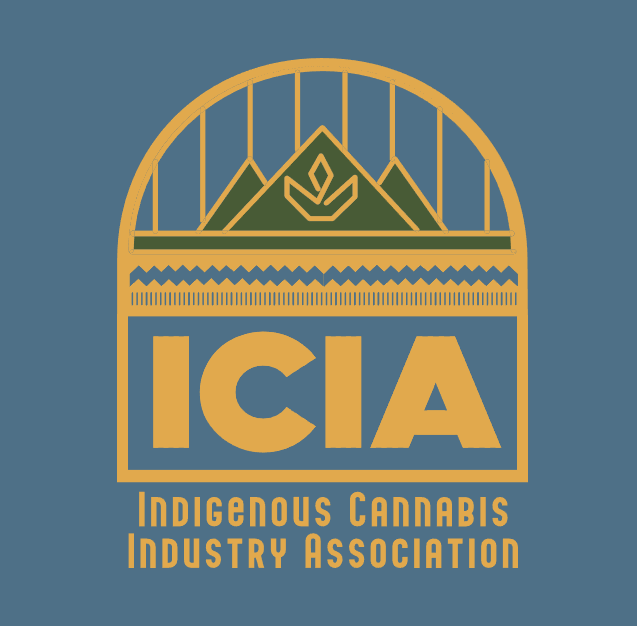

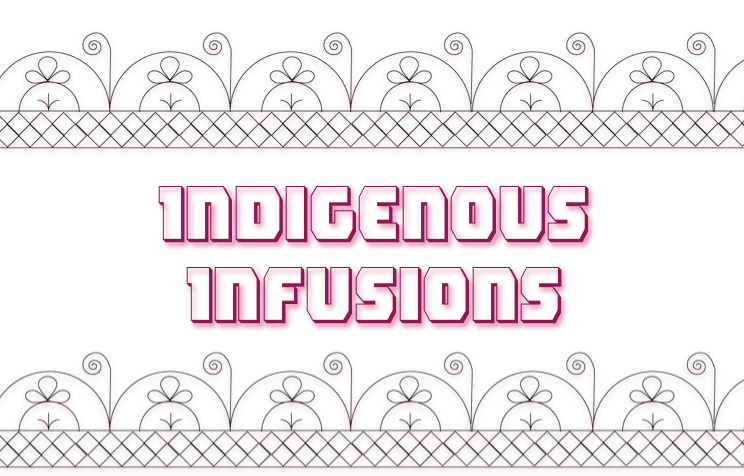



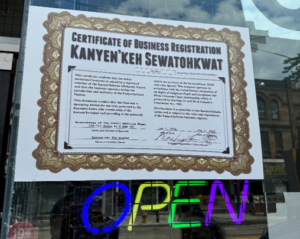

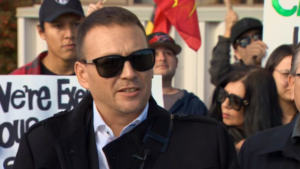

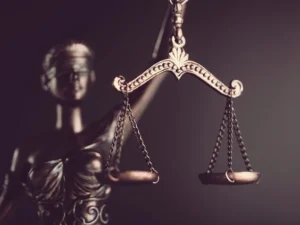
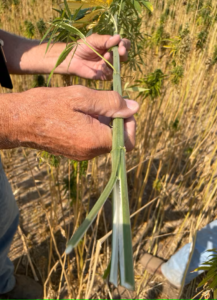
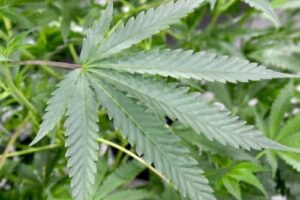
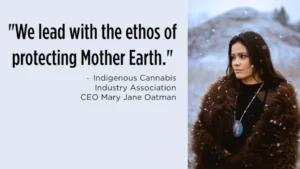
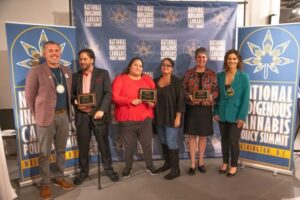
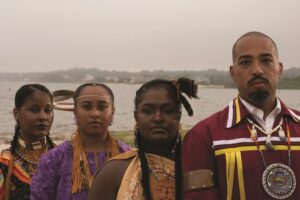
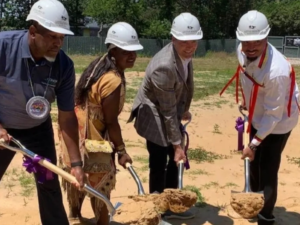
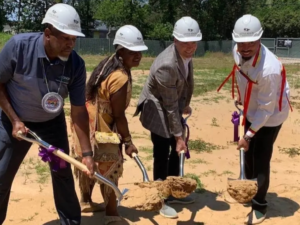

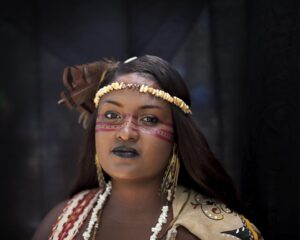
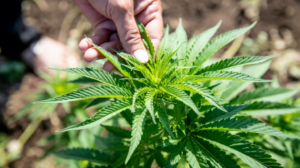

Comments are closed.